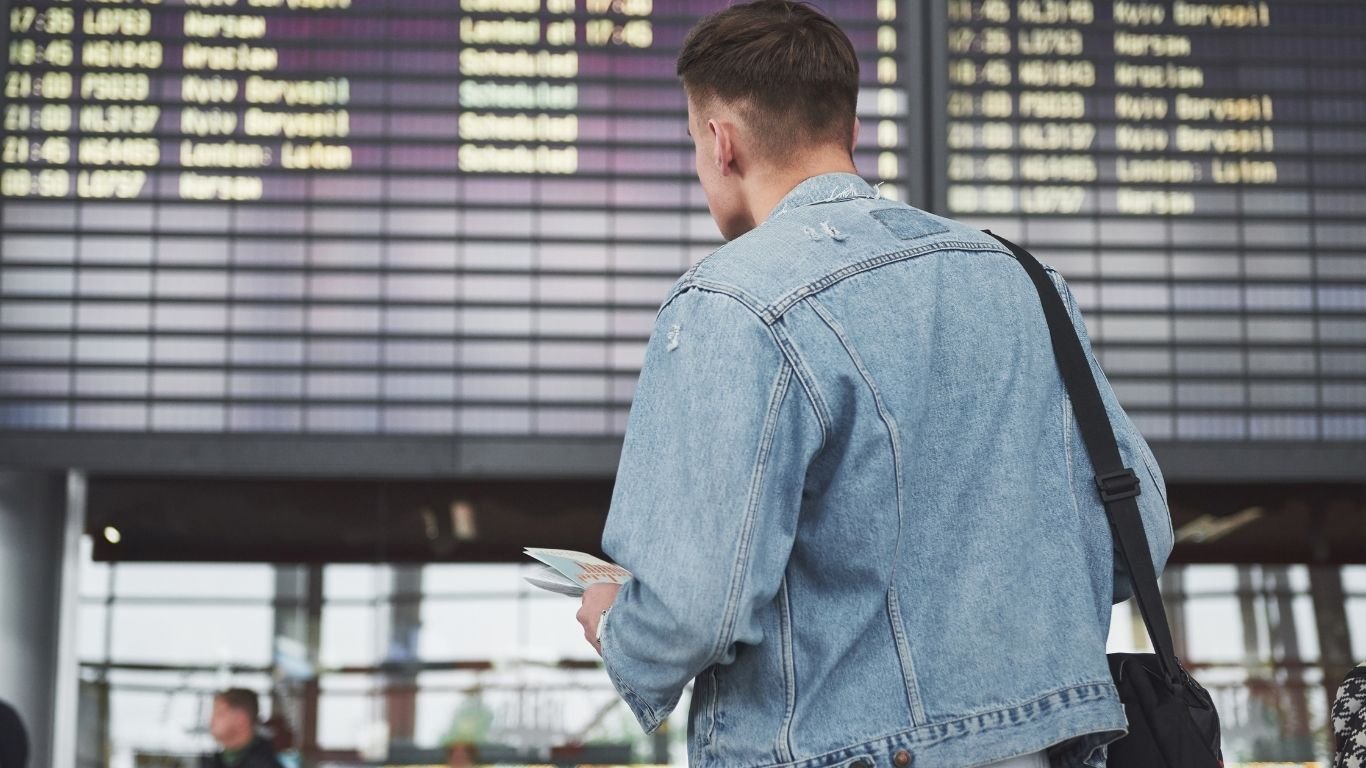Introduction to the issue of flight discontinuations in Jacksonville
Jacksonville is known for its beautiful beaches, vibrant culture, and charming neighborhoods. However, a troubling trend has emerged recently that could change how residents and visitors experience travel in the city. Airlines are cutting routes to Jacksonville, leading to significant flight discontinuations that leave many travelers frustrated and confused. As connections dwindle and options become scarce, it’s important to understand what’s behind this decision and how it affects our community. Let’s dive into the reasons behind these cuts and explore their impact on both local travelers and the economy at large.
Explanation of why airlines are cutting routes in the city
Airlines are making tough decisions, and Jacksonville is feeling the pinch. Reduced demand for travel post-pandemic has led to many carriers reevaluating their routes.
Fewer passengers mean lower profits, prompting airlines to cut flights that aren’t performing well. Even popular destinations have seen reductions as companies seek to streamline operations.
Operational costs play a significant role too. Fuel prices have surged, and maintaining less profitable routes can be financially draining for airlines.
Additionally, competition from nearby airports raises questions about route viability in Jacksonville. Travelers might opt for more frequent flights or cheaper fares elsewhere, leaving fewer reasons for airlines to keep certain services intact.
The combination of these factors creates a challenging environment where cities like Jacksonville find themselves at risk of losing vital air connections.
Impact on travelers and local economy
The recent discontinuation of flights in Jacksonville has left many travelers scrambling for alternatives. Business trips, family visits, and vacation plans are all disrupted. For frequent flyers, these changes can feel like a significant loss of convenience.
Local businesses that rely on tourism may also suffer. Fewer flights mean fewer visitors. Restaurants, hotels, and entertainment venues could see reduced foot traffic as travel becomes more challenging.
Moreover, residents who depend on air travel for work or personal reasons face greater hurdles. Increased driving distances to other airports might lead to added costs and time lost in transit.
This situation poses questions about the long-term effects on community connections. As accessibility declines, so too does the potential for growth in various sectors reliant on steady flight services. The ripple effect extends beyond just travelers; it touches every part of the local economy that thrives on mobility and connectivity.
Possible solutions to address the issue
Local stakeholders can collaborate with airlines to explore new route incentives. Offering subsidies or reduced landing fees may entice carriers to maintain or introduce flights.
Community engagement is crucial. Hosting public forums can gather feedback from travelers about desired destinations and flight times. This data can guide airlines in making decisions that align with passenger preferences.
Expanding partnerships with regional transportation services could also help bridge gaps created by discontinued routes. Shuttles connecting Jacksonville International Airport with nearby cities may ease travel challenges for residents.
Moreover, enhancing marketing efforts around the city’s attractions might boost demand for air travel. Showcasing Jacksonville’s unique offerings could make it an appealing destination once more, prompting airlines to reconsider their service options.
Encouraging local businesses and tourism organizations to rally support around the airport is another effective strategy. A united front emphasizing the importance of accessible air travel can lead to positive changes in route availability.
How other cities are handling similar situations
Cities across the nation are facing similar challenges with flight discontinuations. Each is adapting in its own way.
Some regions have launched campaigns to attract new airlines. They highlight their unique travel markets and emphasize potential profitability. By showcasing passenger demand, they aim to convince carriers to reconsider their routes.
Others focus on investing in airport infrastructure. Modernizing facilities can create a more appealing environment for both passengers and airlines alike. Improved amenities often lead to increased traveler satisfaction.
In certain cases, local governments collaborate with businesses and community leaders. Together, they advocate for maintaining essential air service connections that support economic growth.
Creative strategies also emerge from grassroots movements. Residents rally together online or through petitions urging airlines not to abandon their city’s routes, making it clear how much these flights matter.
These efforts reflect resilience and innovation as communities work toward ensuring better connectivity for all travelers.
Tips for travelers affected by route cuts
If your flight has been cut, stay calm and assess your options. Start by checking alternate routes with different airlines. Sometimes, a nearby airport might offer better choices.
Consider flexible travel dates. Shifting your plans can open up new possibilities for flights that still meet your needs.
Utilize apps or websites designed to track fares in real-time. These tools can help you snag the best deals once new flights become available.
Join loyalty programs if you haven’t already. Accumulating miles could provide perks like upgrades or priority boarding on future flights.
Don’t hesitate to contact the airline directly for assistance. They may have solutions tailored just for affected travelers like yourself.
Keep an eye on local news regarding updates at Jacksonville’s airports. Often, they will share information about newly added routes as airlines adjust their schedules to accommodate demand.
Conclusion and call to action for supporting local airports
As the landscape of air travel continues to evolve, Jacksonville stands at a crossroads. The recent wave of flight discontinuations has raised concerns among residents and travelers alike. Supporting local airports is crucial for maintaining connectivity and fostering economic growth in our community.
One way to show your support is by choosing local flights whenever possible. This not only helps keep routes alive but also strengthens the regional economy. Engage with airport initiatives that promote new services or advocate for improved facilities.
Additionally, stay informed about city council meetings where airport issues are discussed, and voice your opinions on maintaining vital connections. Collaboration between airlines, local government, and citizens can pave the way for solutions that benefit everyone.
The future of air travel in Jacksonville depends on proactive efforts from all sectors involved. By rallying together to support our local airports now, we can create a more sustainable travel environment for generations to come.

